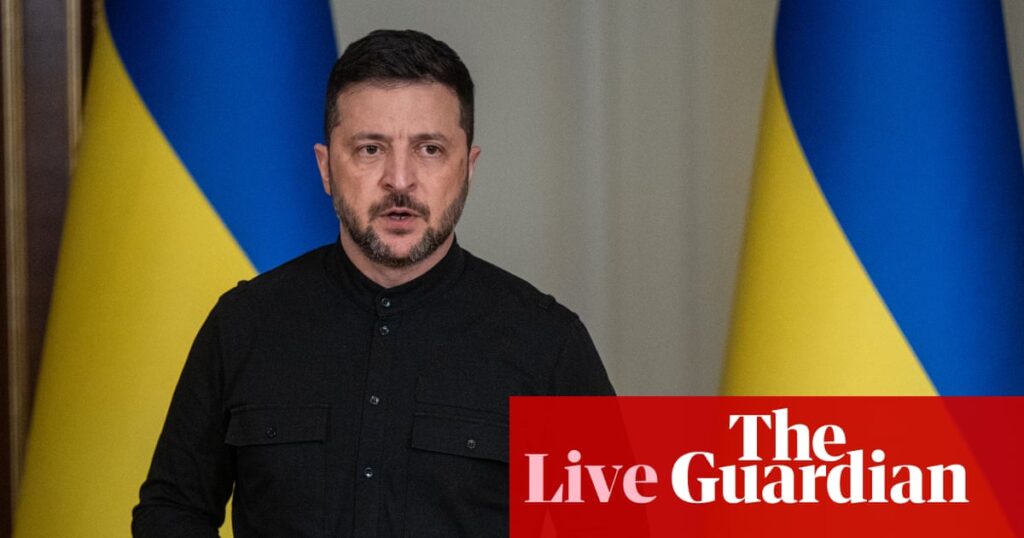Key events
The French government’s 2026 budget plans are based on rosy economic assumptions and its belt-tightening measures may fall short or never even take shape, the independent fiscal watchdog said on Tuesday, reports Reuters.
Reappointed on Friday, prime minister Sébastien Lecornu is racing to present a 2026 budget bill to parliament before constitutional limits on reviewing the legislation run out.
The budget, already submitted to the Haut Conseil des finances publiques (HCFP) for review, aims to reduce the deficit to between 4.7% and 5% of GDP – a modest improvement from this year’s 5.4%, the fiscal watchdog said.
The government’s plan hinges on a more than €30bn ($34.7bn/£26.1bn) budget squeeze, including cuts to corporate tax breaks, tighter rules on social welfare contributions, and new levies such as a small parcel tax and an exceptional surtax on complementary health insurers, the HCFP said.
It also clamps down on the taxation of holding companies used by wealthy people to lower their tax bills, stopping short of a 2% tax on wealth over €100m ($116m/£87m) as demanded by the Socialists.
Morning opening: Zelenskyy to meet Trump in US on Friday as he expresses hope for Ukraine-Russia peace after Gaza deal
Volodymyr Zelenskyy has announced he will travel to the US this week for talks on the potential US provision of long-range weapons, after Donald Trump said he might supply Ukraine with Tomahawk missiles.
Zelenskyy said he would visit Washington and meet Trump on Friday, adding that he would also meet defence and energy companies and members of Congress.
In a post on X, Zelenskyy confirmed that the Ukrainian delegation, including prime minister Yuliia Svyrydenko, head of the presidential office Andriy Yermak, secretary of the national security and defence council Rustem Umerov and several representatives of the diplomatic sector, had departed for the US.
Writing on X, Zelenskky said:
I will also have the opportunity to come to Washington and meet with President Trump on Friday. I believe we will discuss a series of steps that I intend to propose. I am grateful to President Trump for our dialogue and his support. There will be several other important meetings – with defence companies, and possibly with senators and members of Congress.
I will also meet with energy companies. This is necessary – it was President Trump’s proposal – and I will meet with these companies because there are pressing needs linked to various formats of attacks, not even the attacks that Russia has already carried out. In any case, we must be prepared. So, it will be helpful. Therefore, the main focus of the visit is air defence and our long-range capabilities aimed at exerting pressure on Russia for the sake of peace.
On Monday, Zelenskyy expressed hope for peace in his country’s war against Russia, as Israel and Hamas carried out phase 1 of a Gaza ceasefire plan proposed by the Trump administration. In a post on X, the Ukrainian president wrote:
When peace is achieved for one part of the world, it brings more hope for peace in other regions where life is still under threat. In Ukraine, we welcome all the efforts that have led to today’s outcome for the Middle East.
He added:
We are working so that the day of peace comes for Ukraine as well. Russian aggression remains the last global source of destabilisation, and if a ceasefire and peace have been achieved for the Middle East, the leadership and determination of global actors can certainly work for us too, in Ukraine, in Europe.
Elsewhere, France’s freshly reappointed prime minister Sébastien Lecornu will give his first policy speech to parliament today. It is a high-stakes speech to a deeply divided parliament.
The new cabinet is expected to present a draft budget on Tuesday that aims for a deficit below 5% of GDP, according to new government spokesperson Maud Bregeon. The cabinet must give parliament the constitutionally required 70 days to scrutinise the plan before the end of the year.
In Russia, the country’s Federal Security Service (FSB) said on Tuesday it had opened a criminal case against exiled Kremlin critic Mikhail Khodorkovsky, accusing him of creating a “terrorist organisation” and of plotting to violently seize power.
Khodorkovsky, an oil tycoon who was once Russia’s richest man, served 10 years in a Siberian prison on fraud charges that he and many western countries said were politically motivated.
The FSB said the charges relate to the activities of a Khodorkovsky-backed group that opposes the war in Ukraine. The group, called the Anti-War Committee, has been banned in Russia. There has been no immediate comment from Khodorkovsky or his representatives.
I will bring you all reactions here.
It’s Tuesday, 14 October 2025, I’m Amy Sedghi and this is Europe Live.
Good morning.

